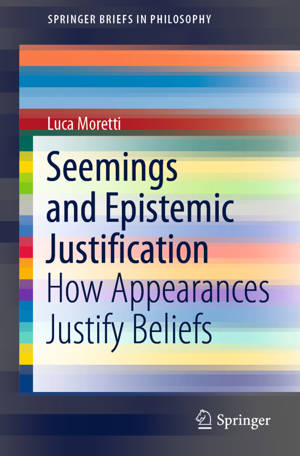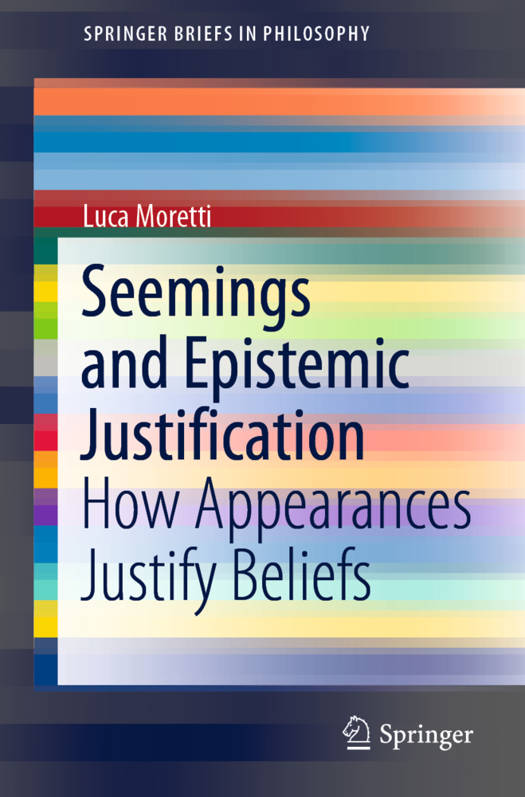
- Afhalen na 1 uur in een winkel met voorraad
- Gratis thuislevering in België vanaf € 30
- Ruim aanbod met 7 miljoen producten
- Afhalen na 1 uur in een winkel met voorraad
- Gratis thuislevering in België vanaf € 30
- Ruim aanbod met 7 miljoen producten
Omschrijving
This book examines phenomenal conservatism, one of the most influential and promising internalist conceptions of non-inferential justification debated in current epistemology and philosophy of mind. It also explores the significance of the findings of this examination for the general debate on epistemic justification.
According to phenomenal conservatism, non-inferential justification rests on seemings or appearances, conceived of as experiences provided with propositional content. Phenomenal conservatism states that if it appears to S that P, in the absence of defeaters, S thereby has some justification for believing that P. This view provides the basis for foundationalism and many ordinary epistemic practices.
This book sheds new light on phenomenal conservatism by assessing objections to it and examining epistemological merits and advantages attributed to it. In a nutshell, phenomenal conservatism is actually compatible with Bayesian reasoning, and it is unaffected by bootstrapping problems and challenges that appeal to the cognitive penetrability of perception. Nevertheless, appearance-based justification proves unstable or elusive and its anti-septical bite is more limited than expected. These difficulties could be surmounted if phenomenal conservatism were integrated with a theory of inferential justification. The book appeals to scholars and postgraduates in the field of epistemology and philosophy of mind who are interested in the rational roles of appearances.
Specificaties
Betrokkenen
- Auteur(s):
- Uitgeverij:
Inhoud
- Aantal bladzijden:
- 91
- Taal:
- Engels
- Reeks:
Eigenschappen
- Productcode (EAN):
- 9783030433918
- Verschijningsdatum:
- 10/03/2020
- Uitvoering:
- Paperback
- Formaat:
- Trade paperback (VS)
- Afmetingen:
- 156 mm x 234 mm
- Gewicht:
- 149 g

Alleen bij Standaard Boekhandel
Beoordelingen
We publiceren alleen reviews die voldoen aan de voorwaarden voor reviews. Bekijk onze voorwaarden voor reviews.











